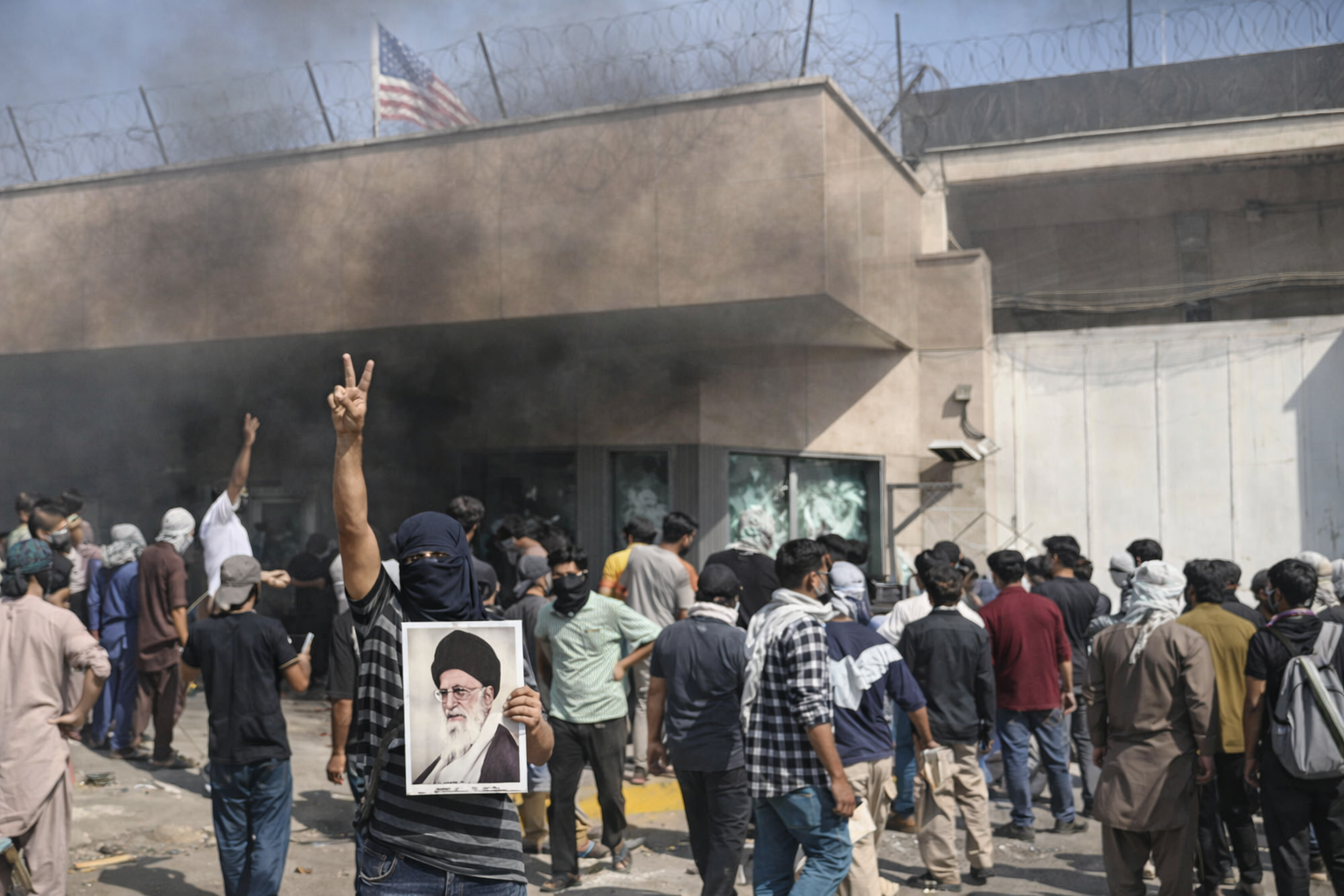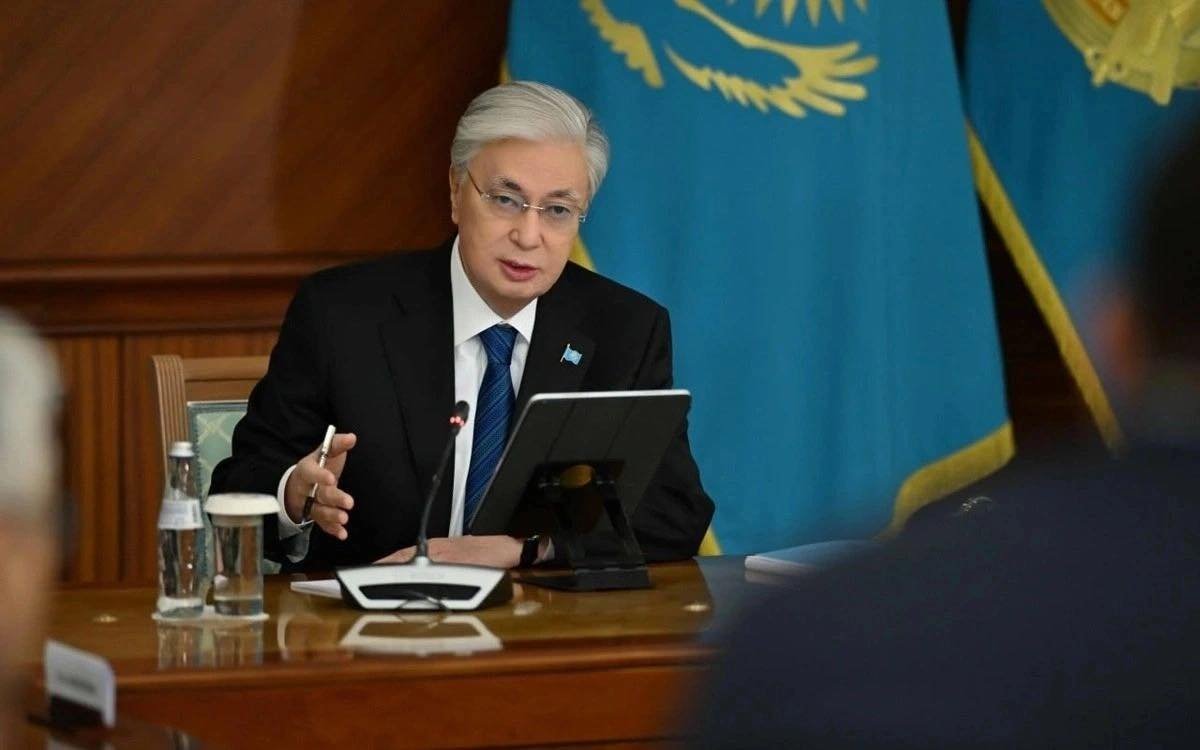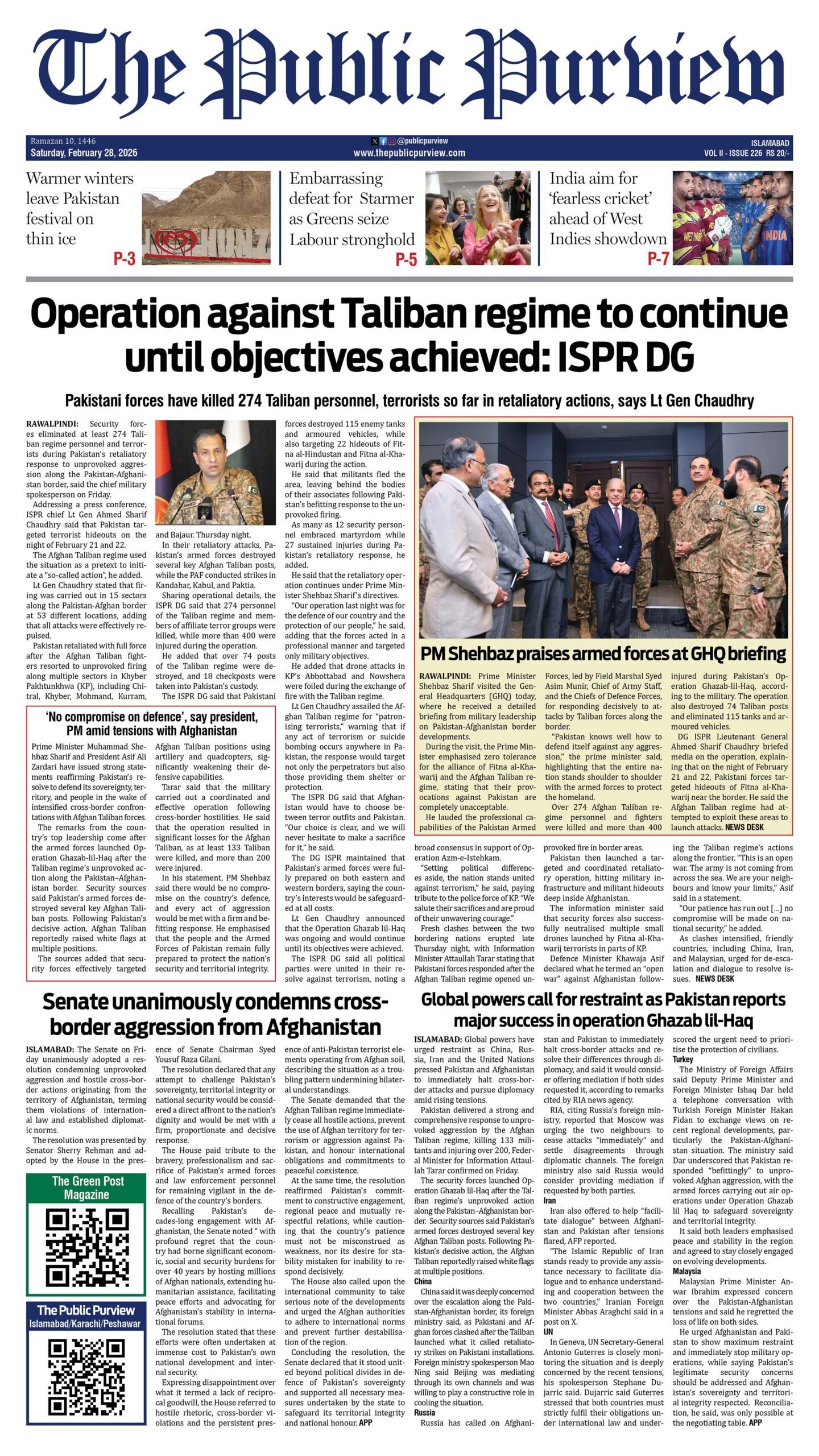Pakistan has welcomed the interim ruling of the Permanent Court of Arbitration (PCA) regarding the long standing disputes with India over the Kishanganga and Ratle hydroelectric projects. The decision, announced on June 27, affirms the Court’s full jurisdiction over the matter and outlines its responsibility to resolve the disputes in a timely, effective, and impartial manner.
This development comes as a significant diplomatic win for Pakistan and a crucial moment in the broader context of the Indus Waters Treaty (IWT), which has long governed water sharing between the two nuclear-armed neighbors. It also directly challenges India’s previous attempts to unilaterally undermine the treaty, signaling that international legal mechanisms remain a critical tool in ensuring fairness and accountability.
According to a statement from Pakistan’s Foreign Office, the PCA’s ruling reaffirms Pakistan’s longstanding position that disputes arising under the IWT must be addressed within the framework of international law and treaty obligations rather than through unilateral action. The court’s assertion of jurisdiction directly counters India’s claim that the PCA does not have the authority to adjudicate such matters, an argument that India had relied upon while opposing third party arbitration.
India’s position has increasingly involved attempts to bypass the dispute resolution mechanisms enshrined in the 1960 Indus Waters Treaty. In 2023, New Delhi even went so far as to unilaterally declare a suspension of its obligations under the treaty and attempted to push for alternative mechanisms, including technical negotiations. However Pakistan had rightly viewed these steps as a violation of international legal commitments and moved to initiate formal arbitration proceedings through the PCA.
The Indus Waters Treaty, brokered by the World Bank in 1960, is considered one of the most successful water-sharing agreements globally, especially given the turbulent political relationship between India and Pakistan. It divides control of the six major rivers of the Indus Basin between the two countries, with India receiving control over the eastern rivers (Ravi, Beas, and Sutlej) and Pakistan over the western rivers (Indus, Jhelum, and Chenab).
Under the treaty, both countries have the right to develop projects on their respective rivers but with specific limitations and obligations. Pakistan has long expressed concerns that India’s Kishanganga and Ratle hydroelectric projects, located on the Jhelum and Chenab Rivers respectively, violate the design specifications and affect downstream flows which could jeopardize Pakistan’s water security.
The PCA’s interim decision not only acknowledges the validity of Pakistan’s concerns but also underscores that the treaty remains legally binding and fully operational. It emphasizes that no party has the right to unilaterally amend or suspend the treaty’s terms, a direct response to India’s unilateral approach.
Pakistan’s Foreign Office further stated that the ruling supports its view that the IWT is not just effective and workable, but also one that cannot be altered or bypassed based on unilateral preferences. The interim ruling also reinforces the credibility of international institutions and affirms the importance of treaty based diplomacy over coercive or unilateral actions.
Moving forward Pakistan has urged India to restore normal cooperation under the treaty and to fulfill its contractual obligations with full sincerity. For meaningful and lasting resolution of such disputes, mutual trust and adherence to established agreements is essential. The PCA’s role, in this regard is to ensure that fairness prevails and that both parties act within the boundaries of international law.
The ruling also sends a broader message to the international community, that multilateral frameworks and legal treaties must be respected, regardless of geopolitical shifts or domestic politics. In a region as volatile as South Asia where water scarcity and climate change pose increasing threats the preservation of cooperative water management mechanisms is not just a legal issue but one of existential importance.
In conclusion, the PCA’s ruling is not just a diplomatic victory for Pakistan it is a vindication of the rule of law and a necessary reminder that treaties matter. It is now imperative for India to re-engage with the spirit of the Indus Waters Treaty and for both countries to move forward with constructive engagement, grounded in mutual respect and international norms.







 Today's E-Paper
Today's E-Paper